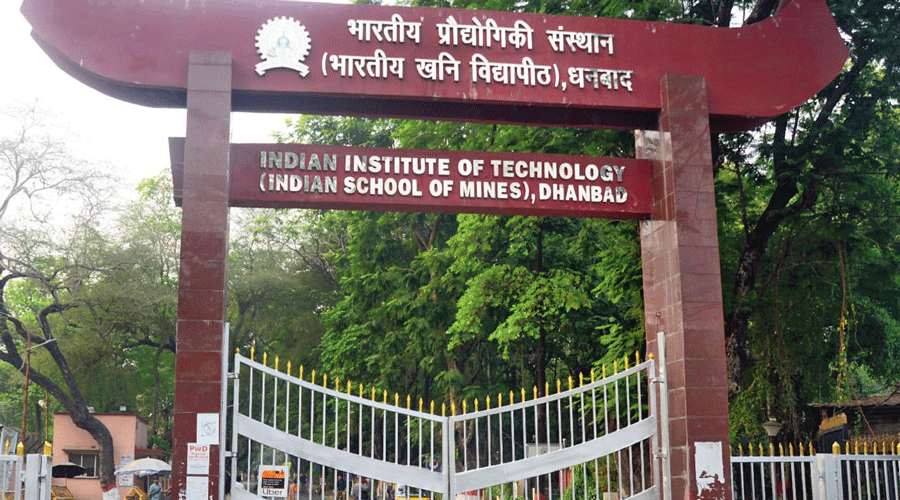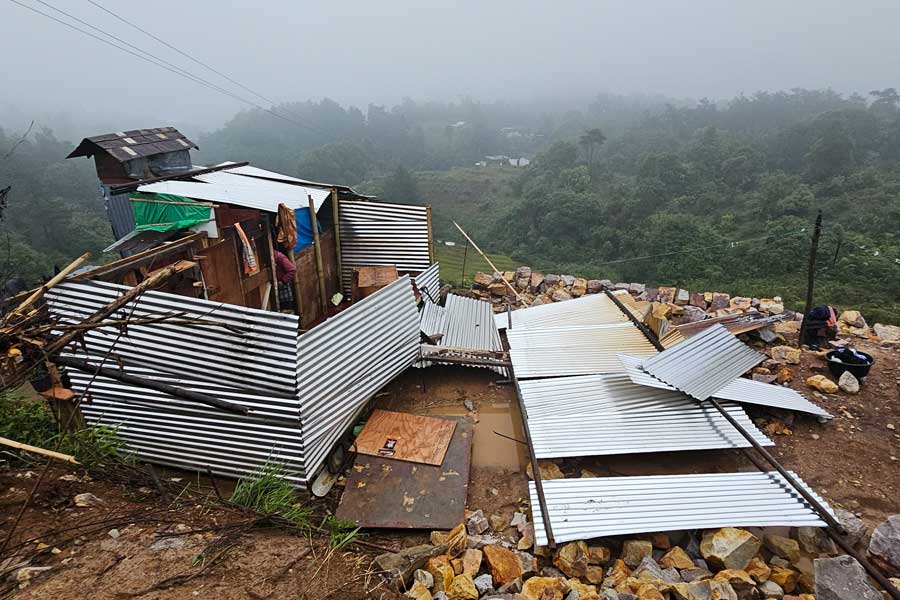Research by Jharkhand based IIT (Indian School of Mines-ISM) in Dhanbad has revealed the carcinogenic effects of exposure to trihalomethanes found in drinking water generated due to chlorination of water.
“The research finds that the use of chlorines for treatment of water may have carcinogenic effects as chlorination of water leads to formation of trihalomethanes, the prolonged exposure of which may have carcinogenic effects on human beings.
“The finding of the research were published in February this year in various scientific journals further threw light on the fact that not only carcinogenic effects but the prolonged exposure of Trihalomethanes may have other non-carcinogenic adverse effects like low birth weight in babies, premature birth and miscarriages,” said IIT (ISM) dean media and branding Rajni Singh.
Significantly, the research findings were published in Exposure and Health Journal in February 2022.
Chlorination is the process of adding chlorine to drinking water to kill parasites, bacteria, and viruses.
The fact came to light as per findings of a Ministry of Human Resource Development (MHRD) sponsored study conducted by a two member team of department of environmental science and engineering led by faculty S.K. Gupta and research scholar Minashree Kumari during which meta-analysis of altogether 78 research work of different parts of world was carried out.
“Though, there are different pathways of introduction of Trihalomethanes in human system including, ingestion, dermal contact and inhalation but ingestion through drinking water is the major pathway of introduction,” said Gupta and added as part of study they have also checked the samples of five drinking water treatment plants including three of Jharkhand and two of neighbouring Bengal.
“The outcome of research will help the policy makers to take proper control measures to restrict the concentration of Trihalomethanes in drinking water systems,” said Gupta and added that the problem lies more in developing countries as they do not adopt the proper disinfection practices which are in accordance with guidelines of World Health Organization (WHO) and other relevant agencies.
“The use of alternate disinfectants like mono chloramine instead of chlorine may help to adequately control the Trihalomethanes concentration in water but the best way to prevent Trihalomethanes concentration is use of hybrid system of adsorption cum coagulation in water treatment plants,” explained Gupta.
“Though the use of alternate disinfectants like mono chloramine may reduce the concentration or Trihalomethanes by 30 per cent but it may lead to development of Nitrosamines which itself has carcinogenic properties but research on usage of alternative disinfectant which may obliterate the effect of Trihalomethanes is under progress,” added the senior faculty.
“Regular monitoring of natural organic carbon level should also be made mandatory to prevent the concentration of Trihalomethanes in Water,” further suggested Gupta adding that the formation of Trihalomethanes also depends on presence of Natural Organic Matter (NOM) in water and the usage of applied chlorine dose.
“As part of the study we have investigated the worldwide scenario of Trihalomethanes including of Russia, USA, Spain, Turkey, Hong Kong, Korea, Thailand, Australian, Saudi Arabia, Canada, Egypt etc,” elaborated Gupta.










